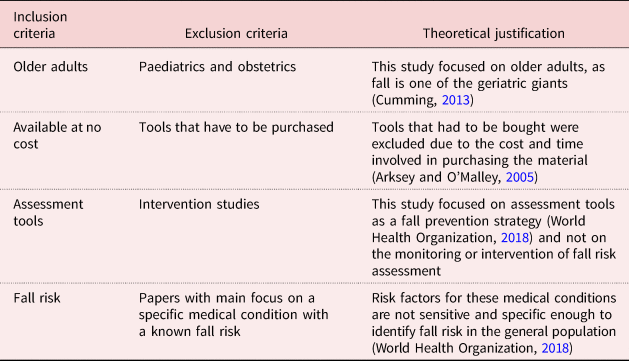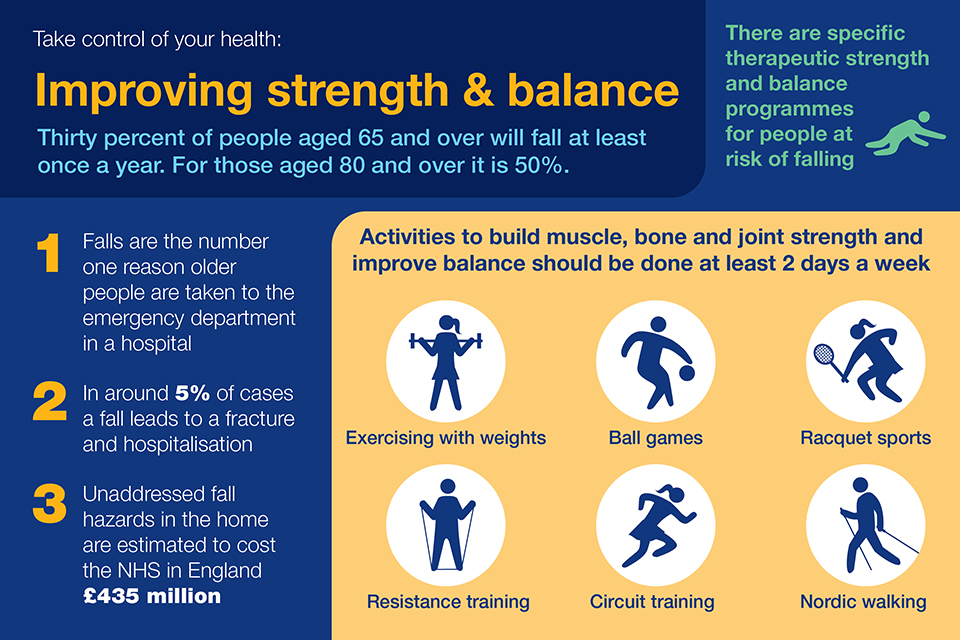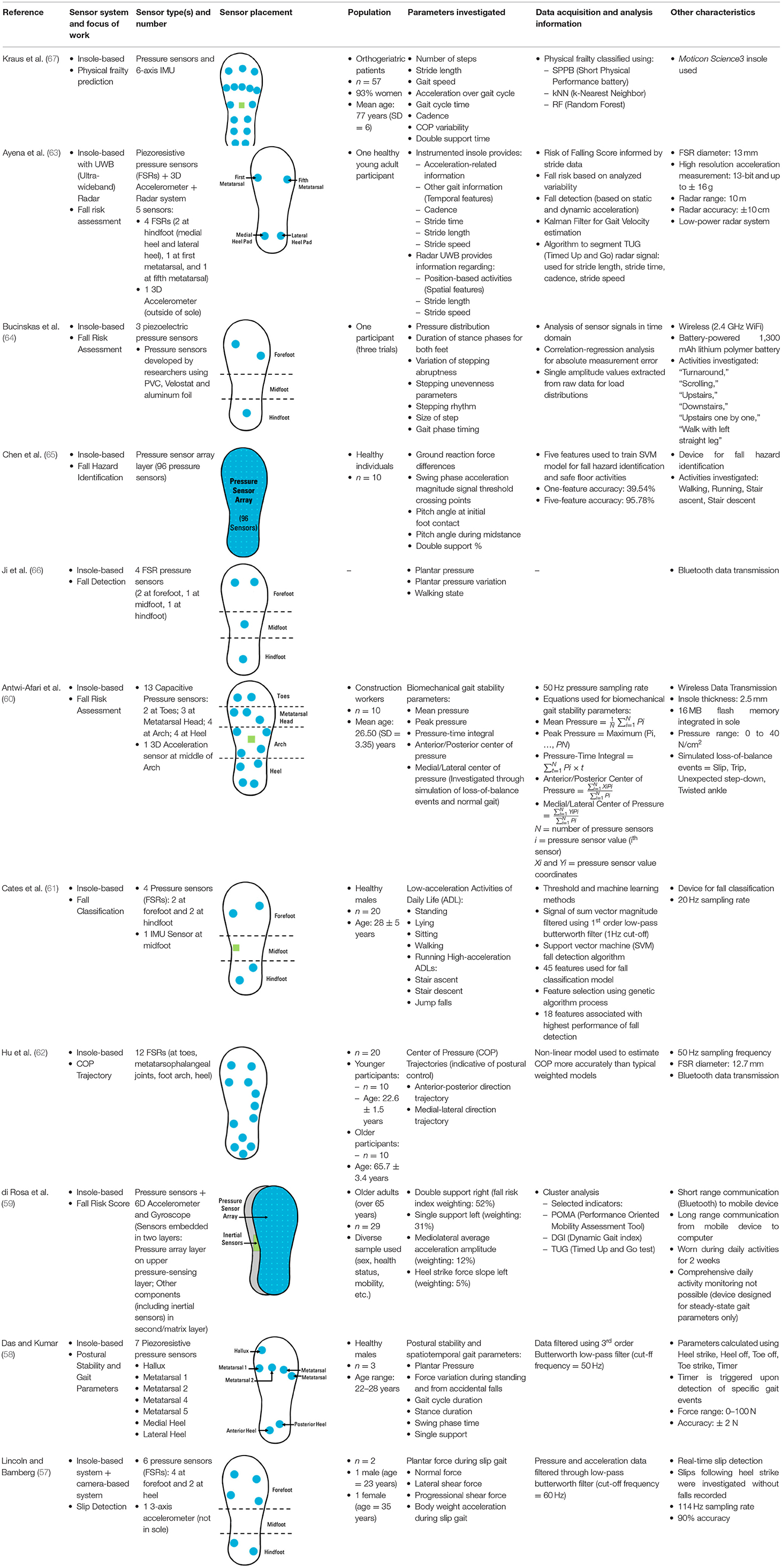The Main Principles Of Dementia Fall Risk
The Main Principles Of Dementia Fall Risk
Blog Article
Rumored Buzz on Dementia Fall Risk
Table of ContentsHow Dementia Fall Risk can Save You Time, Stress, and Money.6 Simple Techniques For Dementia Fall RiskExcitement About Dementia Fall RiskFascination About Dementia Fall RiskA Biased View of Dementia Fall Risk
Guarantee that there is a marked area in your medical charting system where staff can document/reference ratings and record relevant notes related to drop prevention. The Johns Hopkins Fall Risk Evaluation Tool is one of many tools your personnel can make use of to aid prevent negative clinical occasions.Individual drops in health centers are usual and debilitating adverse occasions that continue regardless of years of effort to lessen them. Improving interaction across the evaluating nurse, treatment team, patient, and patient's most entailed pals and family members might reinforce autumn avoidance efforts. A team at Brigham and Women's Health center in Boston, Massachusetts, sought to establish a standardized loss avoidance program that focused around improved communication and person and family engagement.

The innovation group stressed that successful implementation depends on person and team buy-in, assimilation of the program right into existing operations, and integrity to program processes. The group noted that they are facing just how to make sure connection in program application during periods of crisis. During the COVID-19 pandemic, for instance, an increase in inpatient falls was connected with limitations in patient engagement along with restrictions on visitation.
More About Dementia Fall Risk
These cases are usually considered preventable. To apply the intervention, organizations require the following: Access to Loss ideas sources Autumn suggestions training and re-training for nursing and non-nursing staff, including new registered nurses Nursing operations that enable for person and family interaction to conduct the drops analysis, ensure usage of the avoidance plan, and carry out patient-level audits.
The outcomes can be very harmful, usually speeding up patient decrease and causing longer healthcare facility remains. One research study approximated keeps increased an additional 12 in-patient days after an individual loss. The Fall TIPS Program is based on appealing clients and their family/loved ones throughout 3 primary procedures: assessment, individualized preventative interventions, and auditing to make sure that people are participated in the three-step autumn prevention procedure.
The individual analysis is based upon the Morse Loss Range, which is a confirmed fall threat analysis device for in-patient hospital settings. The scale consists of the 6 Learn More Here most common factors patients in healthcare facilities fall: the person fall history, risky conditions (including polypharmacy), use IVs and other outside gadgets, mental standing, stride, and wheelchair.
Each risk factor relate to one or more actionable evidence-based interventions. The nurse creates a plan that incorporates the interventions and is noticeable to the treatment group, individual, and household on a laminated poster or published aesthetic help. Nurses develop the strategy while consulting with the person and the client's family.
Excitement About Dementia Fall Risk
The poster functions as an interaction device with various other members of the patient's treatment team. Dementia Fall Risk. The audit part of the program consists of examining the client's expertise of their risk aspects and prevention strategy at the unit and healthcare facility levels. Nurse champs carry out at the very least five individual meetings a month with patients and their families to look for understanding of the autumn avoidance plan

An approximated 30% of these drops result in injuries, which can vary in severity. Unlike other damaging events that need a standard professional response, fall avoidance depends very on the requirements of the patient.
Getting My Dementia Fall Risk To Work

Based upon bookkeeping results, one website had 86% compliance and two websites had more than 95% compliance. A cost-benefit analysis of the Loss suggestions program in 8 hospitals approximated that the program price $0.88 per client to apply and resulted in savings of $8,500 per 1000 patient-days in direct costs associated with the avoidance of 567 falls over 3 years and eight months.
According to the advancement group, companies interested in executing the program must conduct a preparedness evaluation and drops prevention voids analysis. 8 In addition, organizations should guarantee the required facilities and operations for implementation and establish an application strategy. If one exists, the organization's Loss Prevention Task Pressure ought to be associated with planning.
A Biased View of Dementia Fall Risk
To begin, organizations should ensure conclusion of training components by nurses and nursing assistants - Dementia Fall Risk. Health center staff need to analyze, based upon the requirements of a medical facility, whether to use a digital wellness document hard copy or paper variation of the loss avoidance strategy. Applying teams ought to hire and educate registered nurse champs and develop procedures for bookkeeping and coverage on autumn data
Team need to be associated with the procedure of upgrading the workflow to involve people and family members in the analysis and avoidance plan procedure. Systems needs to be in location to ensure that devices can comprehend why an autumn occurred and remediate the cause. More particularly, nurses must have networks to offer recurring feedback to both team and my response unit management so they can adjust and enhance fall prevention workflows and connect systemic problems.
Report this page